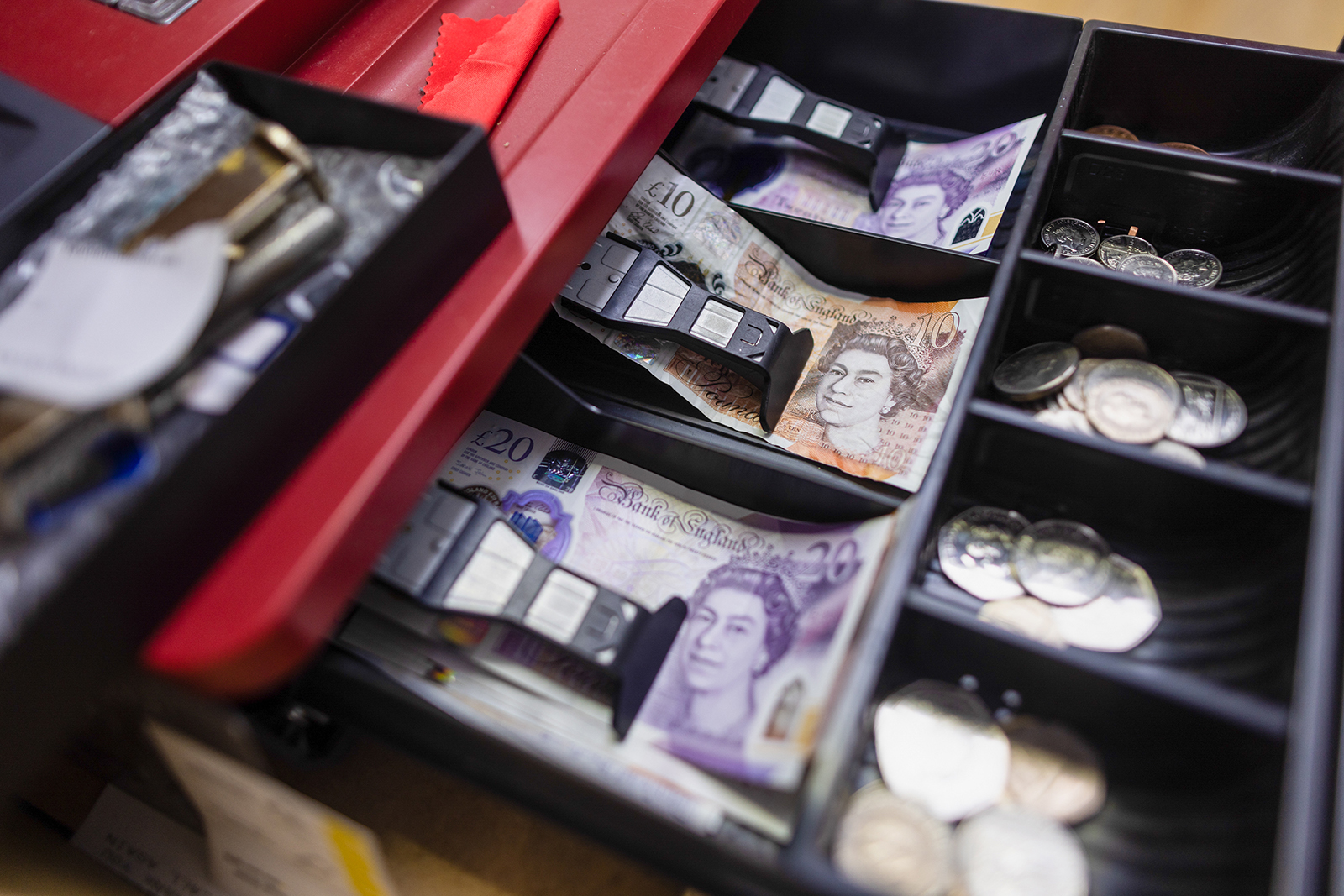The rich are the biggest winners of Britain's tax-cutting gamble
From CNN Business' Anna Cooban
The United Kingdom's big tax-cutting gamble will benefit the rich far more than millions of people on lower incomes.
The UK Treasury estimates that the tax cuts will wipe £45 billion ($48 billion) off annual government revenues over the next five years. That's the biggest tax cut in half a century, according to the Institute for Fiscal Studies.
While all households will see their income tax rates fall, and have their energy bills capped at an average of £2,500 a year ($2,689), it will be the richest people that benefit most.
UK finance minister Kwasi Kwarteng slashed the top rate of income tax — paid by those earning over £150,000 ($161,327) — to 40% from 45%.
That will put an average £10,000 ($10,755) in the pockets of the roughly 600,000 people currently paying the highest rate of tax, or just over 1% of adults, the IFS calculated in a Friday report. Those on incomes over £1 million ($1.08 million) will gain an extra £40,000 ($43,021) a year.
"A small number of extremely high-income individuals will gain so much," the independent think tank said.
Forget a 'soft landing' — we may be stuck with a 'growth recession'
From CNN Business' Nicole Goodkind
Investors are waking up to the harsh reality of just how much pain the economy may have to endure as the Federal Reserve continues its fight against stubbornly high inflation.
The Fed darkened its tone at last week’s policy meeting, warning of serious economic hardship ahead, and markets finally took the central bank at its word.
The S&P 500, already in a bear market, experienced another major downswing on Friday. The Dow fell briefly into bear territory and closed at its lowest level since 2020.
But while investors have wavered between whether the Fed will achieve a “hard” or “soft” landing, there’s a third, in-between possibility where everything feels kind of bad for a prolonged period of time. At this point, that economic purgatory may be investors’ best hope.
The Fed has had the same goal since it began hiking interest rates to fight inflation in March. It wants to achieve a soft landing — that Goldilocks ideal of cooling the economy enough to bring down prices but not enough to cause a recession. But the idea has grown increasingly untenable as inflation rates remain stubbornly high while economic data softens.
The new aim appears to be for a so-called growth recession: A prolonged period of meager growth and rising unemployment. The pain is sharper and lasts longer than that of a soft landing, but a “growth” recession doesn’t pull the entire economy into contraction the way a proper recession would. It looks like a recession, and feels like a recession, but it isn’t a recession — at least not officially.
British pound falls to record low against the dollar
From CNN Business' Laura He, Jessie Yeung and Jonny Hallam

The British pound crashed to a record low against the US dollar as investors panicked about the UK government's massive tax-cut plans.
The plunge of nearly 5% to just above $1.03 came during trading in Asia and Australia on Monday and extended a 3.6% dive from Friday, spurring predictions the pound could plunge to parity with the US dollar. It recovered slightly as European traders came online, rising back to $1.07.
The currency slump follows British Chancellor of the Exchequer Kwasi Kwarteng’s announcement on Friday that the United Kingdom would implement the biggest tax cuts in 50 years at the same time as boosting government borrowing and spending.
The new tax-slashing fiscal measures, which include scrapping plans for an increase in corporation tax and slashing the top rate of income tax, have been criticized as “trickle-down economics” by the opposition Labour Party and even lambasted by members of the Chancellor’s own Conservative party.


